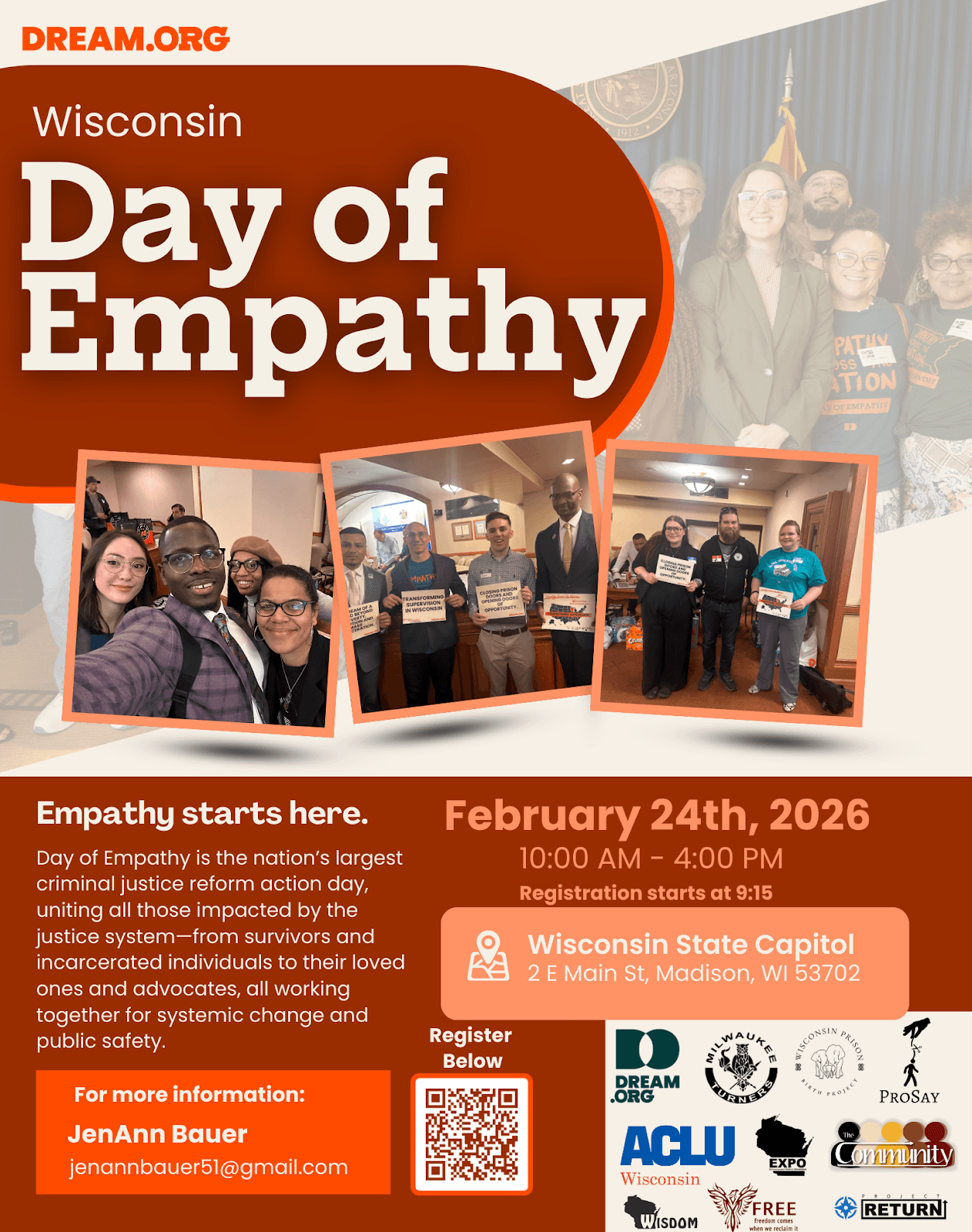Credit: Chicago Sun Times: By Letters to the Editor
“True reintegration requires more than education; it requires the right to participate,” writes Brian Beals, who was exonerated for murder. Also, an endorsement for the Adequate and Equitable Public University Funding Act and a critique on the media’s coverage of the U.S.-backed carnage in Gaza.
I’ll never forget standing on 63rd and Halsted at a rally for Harold Washington in 1983. Englewood was alive with hope. Young and old, we felt the power of unity and the promise of change. When Harold won, we finally felt seen.
Being seen was taken from me when I was wrongfully convicted of murder in 1988. I was 22, home from college for Thanksgiving. I spent the next 35 years in prison fighting to reclaim my name, my freedom and my vote. I was 57 by the time I was exonerated.
Before prison, I graduated from Dunbar Vocational and was named “Bridge Student of the Year” through Loyola University’s Upward Bound program. I went on to study criminal justice at Southern Illinois University Carbondale. My community believed I had a future.
Even behind bars, many of us stayed politically aware. We discussed policy, elections and community needs. But we were locked out of participating —voiceless in a system that still impacted our lives and families.
That’s why I became the first certified civics peer educator at Dixon Correctional Center after Illinois launched the Civics in Prison program in 2019. Since then, over 5,000 incarcerated people have taken the classes that explain our rights and responsibilities as citizens.
Now, the Illinois General Assembly has the chance to go further. The Reintegration and Civic Empowerment (RACE) Act — Senate Bill 1733 — would expand civics education and restore the right to vote to the incarcerated.
Recent research by a University of Chicago student found that access to civics education significantly boosts post-release voter turnout — especially among Black people. These programs work. But true reintegration requires more than education; it requires the right to participate.
For 35 years, I was denied my voice in nine presidential elections, 10 municipal elections and countless others. That denial wasn’t just about a lost vote— it was about being erased from my community.
As one peer educator said: “To be a part of something, we have to feel we belong.” The RACE Act restores that belonging. I urge legislators to pass it now.
Brian Beals, exoneree, founder and executive director, Mud Theatre Project, and future leaders apprentice, Restore Justice.
The Impact of Civics Education on Voter Turnout Among Formerly Incarcerated Individuals
Equitable university funding will close gaps
Our state’s economy, equity and educational future are all intertwined, and depend on us closing the funding gap for our public universities.
That’s why we strongly support Senate Bill 13 and House Bill 1581, the Adequate and Equitable Public University Funding Act, sponsored by Senate Majority Leader Kimberly Lightford and state Rep. Carol Ammons,D-Urbana. These visionary lawmakers have laid out a bold, data-driven blueprint to address a decades-long pattern of disinvestment in our institutions.
At schools like Chicago State University (Illinois’ only four-year predominantly Black institution) and through programs like the Chicago Urban League’s Project Ready College initiative, we witness the transformative power higher education has on individuals and communities. But we also see what underfunding costs: Lost opportunity, declining enrollment and ultimately widened gaps in workforce readiness and availability, wages and wealth.
Between 2013 and 2019, the number of Black students attending Illinois public universities dropped by 34%. This is a crisis. The proposed legislation meets this moment by ensuring all of our public universities receive the resources needed to adequately serve our students.
SB13/ HB1581 start by calculating each public university’s unique “adequacy target” (what it costs to deliver a quality education). It then compares that target to the university’s current resources and fills in the gap, prioritizing funding for institutions that have historically been furthest from full funding. Every public university stands to benefit, but those with the greatest need will finally see more meaningful, sustained investment.
The return on this investment is staggering. If Illinois commits to fully funding this formula over the next 15 years, we will see nearly 30,000 more university graduates, a powerful infusion of talent into our economy. These graduates could generate $6.5 billion in new state tax revenue, $9.6 billion in additional personal wealth and add $123,000 more in home value per graduate.
Through SB13/ HB1581, Illinois has the opportunity to lead the nation in higher education funding reform and reverse a harmful trend of Illinois student outmigration and declining enrollment.
We applaud state Sen. Lightford and Rep. Ammons for their leadership, and we urge the Illinois General Assembly to act swiftly. The stakes are too high to wait. Our students and our state’s future deserve nothing less.
Zaldwaynaka “Z” Scott, president, Chicago State University, and Karen Freeman-Wilson, president and CEO, Chicago Urban League
May 26, 2025



